This article is created by The Better India and sponsored by Wingify Earth.
Warrior Moms, a national citizen action group, is battling for their children’s right to breathe clean air in polluted cities like Delhi, by engaging in urban mobility, waste management, biomass burning, and biodiversity protection.
Empty playgrounds, coughing teenagers, and children locked up in their rooms after school — these are some infamous sights of Delhi’s notorious winters.
Studies are increasingly pointing out the damage that the capital’s toxic air is inflicting on the bodies of its children. Worried about their future, a unique citizens action group is now fighting for a healthy environment for their kids. Called Warrior Moms, this collective of thousands of mothers across India is motivated by a single slogan — ‘Clean air for our children’.
Started in 2020 by five mothers, the group has blossomed into a collective fighting for their children’s right to breathe clean air by engaging with sectors of urban mobility, waste management, biomass burning, and biodiversity protection. Their mission, they say, is to ensure the implementation of World Health Organization (WHO) air quality standards across India, while empowering mothers in the nation.
Delhi-based Bhavreen Kandhari, co-founder of the initiative and a climate activist for 22 years, says that “urgency” motivated them to start the group. “I was tired of sitting around and sending messages about environmental awareness on WhatsApp. Until 2019, most of the groups in Delhi were centred around advocacy, and we wanted to start something that could result in action,” she says.
“Meanwhile, COVID-19 gave us the chance to look at a cleaner Delhi, with ample biodiversity and blue skies.”
A 2017 study by the Centre for Science and Environment revealed that every third child in Delhi has impaired lungs. “Our children continue to breathe poison every second. We don’t eat rotten food or drink dirty water. How can we brush off polluted air just because it is invisible?” Bhavreen asks.
Bhavreen Kandhari (bottom left) and the Warrior Moms
The WHO states that about 98 per cent of children in India breathe unsafe air, leading to long-term damage by lung diseases, asthma, allergies, bronchitis, and many such ailments.
“India has higher rates of almost all of these diseases than most places in the world. As mothers, learning about these health impacts makes us worry not only if and when our children fall sick, but also about their future health,” the group’s mission statement says.
Warrior Moms currently operates in nine states — including Delhi NCR, Maharashtra, Madhya Pradesh, and Jharkhand — where they create awareness about the sources of air pollution, educate citizens to take action, and engage with authorities to enforce regulations.
Over the last two years, the collective has managed to build a network of 1,000 members who look out for environmental violations.
In Chandigarh, the mothers were able to highlight issues with the Dadumajra Landfill, which became a key issue in the Punjab elections this year. Their Nagpur chapter has conducted a study on fly ash and its harmful effects, along with a special project called ‘Chulha free India’ that talks how pollution is impacting women who cook on wood stoves. In Delhi-NCR, the group acts on trees being cut illegally, adequate waste management procedures, and calls to enhance the city’s cycle lanes.
Warrior Moms also participated in COP26 in Glasgow last year.
Warrior Moms at COP26 in Glasgow.
These Warrior Moms have also filed a plea with the Delhi HC after a detailed study that analysed tree-felling in the capital. Their study was able to show that for the past three years, three trees were cut in Delhi every hour, which led to the city losing 77,000 trees altogether.
Bhavreen says that every person connected with the group is motivated by the hope for a clean environment and a healthy future for their children. “We worry about youngsters who will have to struggle to breathe a few years from now. We can see the signs, and they are extremely scary,” she adds.
A popular figure in the fight against Delhi’s climate crisis, Bhavreen says having children was the biggest push in the environmental battle. “I had my children after 10 years of marriage. They were delicate babies, and only five months after they came home, they started having running noses. It was constant pain for both of them. We used to go to the US for summer vacations every year. As soon as we landed, they would feel fine. That’s when I realised that they were impacted by the pollution.
Warrior Moms at Dadumajra landfill in Chandigarh (L) and Bandhwari landfill in Delhi-NCR (R)
A study by The Energy and Resources Institute (TERI) on children aged 14-17 years showed that 75 per cent of children in Delhi experience breathlessness due to higher PM 2.5 levels. About 24 per cent suffer itchy eyes, 22 per cent a runny nose, and 20 per cent experience coughing in the morning, the study said.
Additionally, a major source of pollution in Delhi is vehicle emissions. A CSE study puts their contribution to pollution at 50 per cent. With urban mobility being a core part of Warrior Moms’ mission, they actively work towards promoting non-motorised transport.
“Cities should be built for people, not cars. Expanding lanes is not the answer to switching to a cleaner Delhi,” Bhavreen says. She suggests that increasing the number of buses and cycle lanes in the capital can lead to fewer vehicular emissions.
“Delhi is currently short of 6,000 buses. About 77 per cent of India today rides bicycles, but our cities don’t have the space for them. Local administrations must remove encroachments on footpaths and roads and convert them to cycle lanes, which will promote citizens to switch to a cleaner alternative,” Bhavreen adds.
The Warrior Moms also say that there is a need to transform urban mobility by reducing private vehicle usage and improving public and para-transport, as well as shared mobility alternatives. The group also demands prioritising safe cycling infrastructure in neighbourhoods and creating pollution-free zones around schools.
They also create awareness about vehicular pollution through WhatsApp forwards and give the contact numbers of civil authorities for people to file complaints.
“We do everything for our children. If I had to tell you, in one word, what is the future I envision for them, it would be ‘healthy’,” Bhavreen says, adding that even though they continue to fight, their children have already lost too much.
You can join the Warrior Moms through their official Facebook or Twitter pages. The team stays in touch with all its members through various WhatsApp groups and shares updates about actions that citizens can take if they see illegal environmental activities around them.
Sources:
Body Burden: Lifestyle Diseases -by CSE, published 5 November 2017
Assessing the health effects of exposure to air pollution through survey-based study -by TERI, published 31 August 2021
Vehicles are the biggest contributor among the local sources in Delhi -by CSE, published 11 November 2021

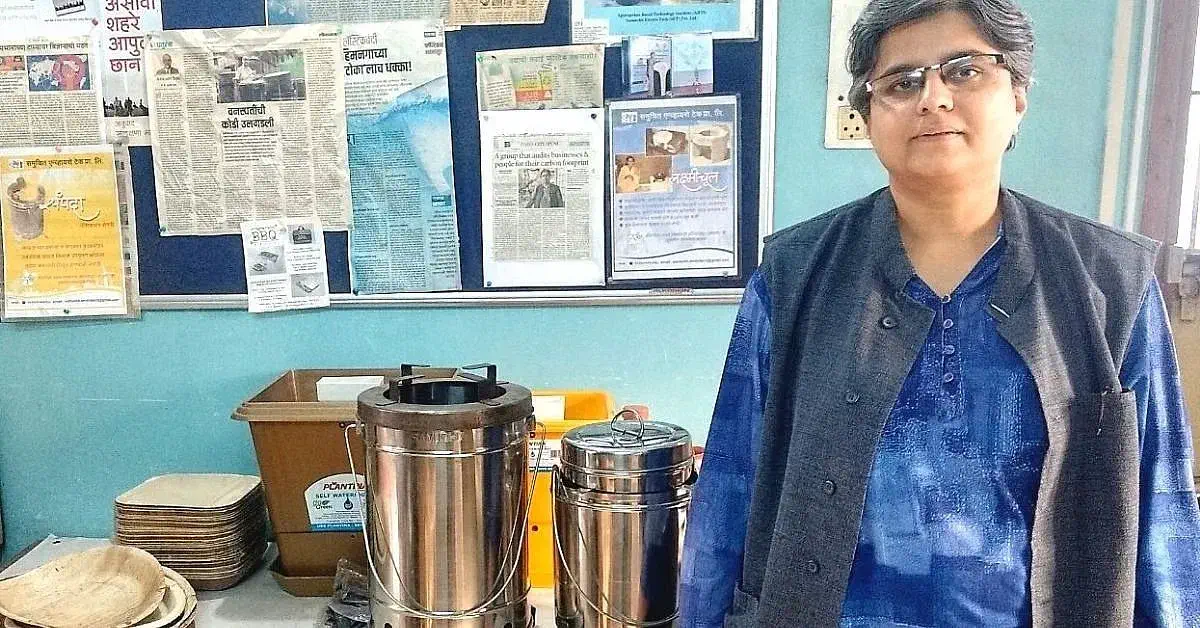
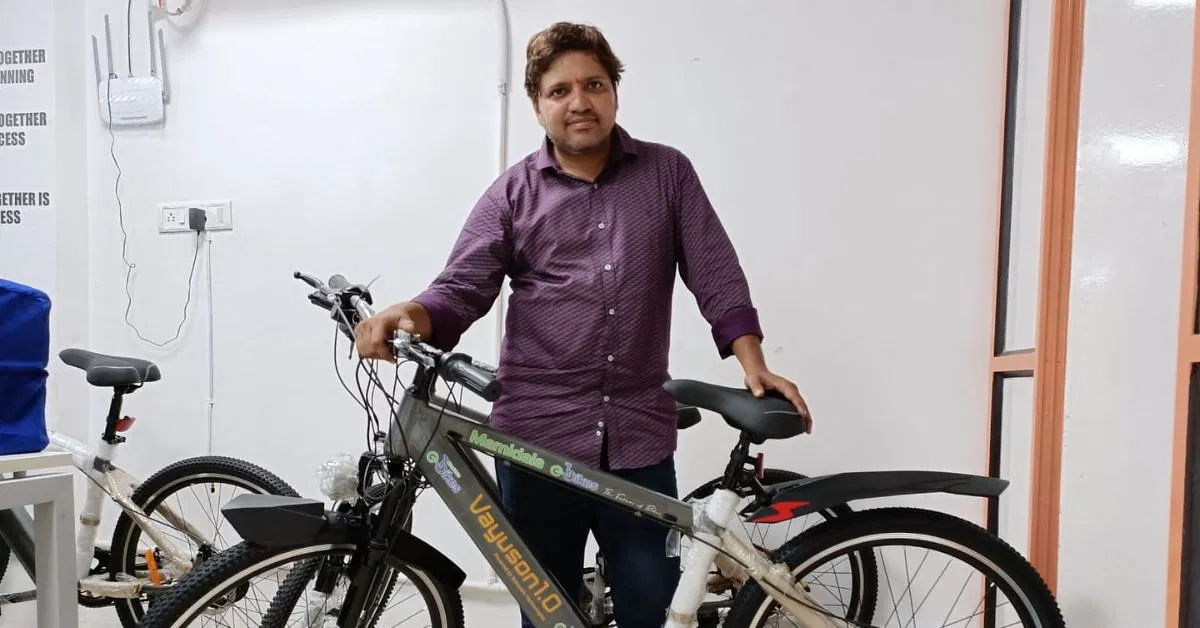
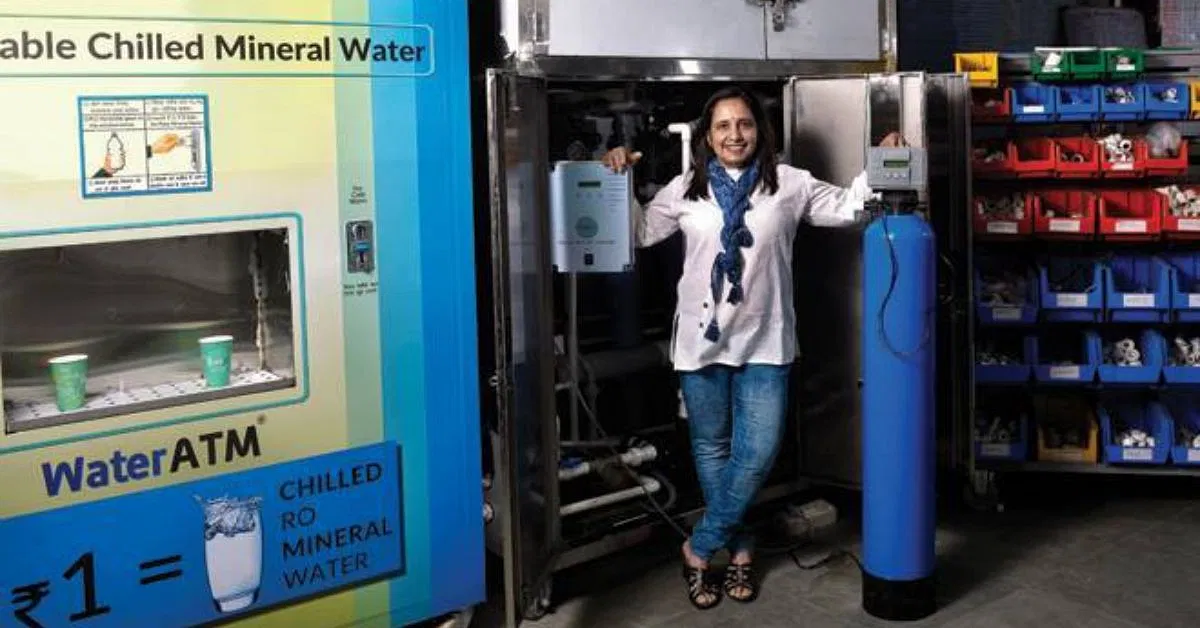
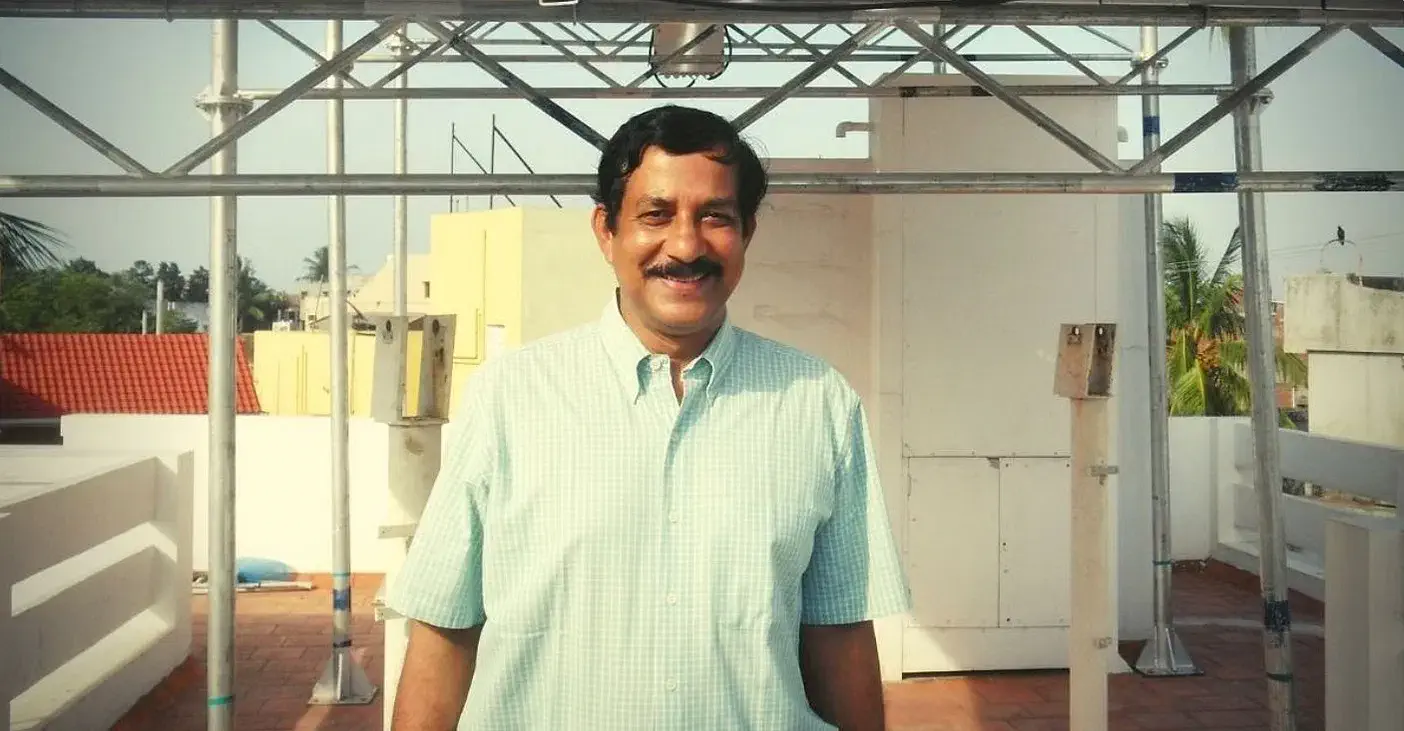
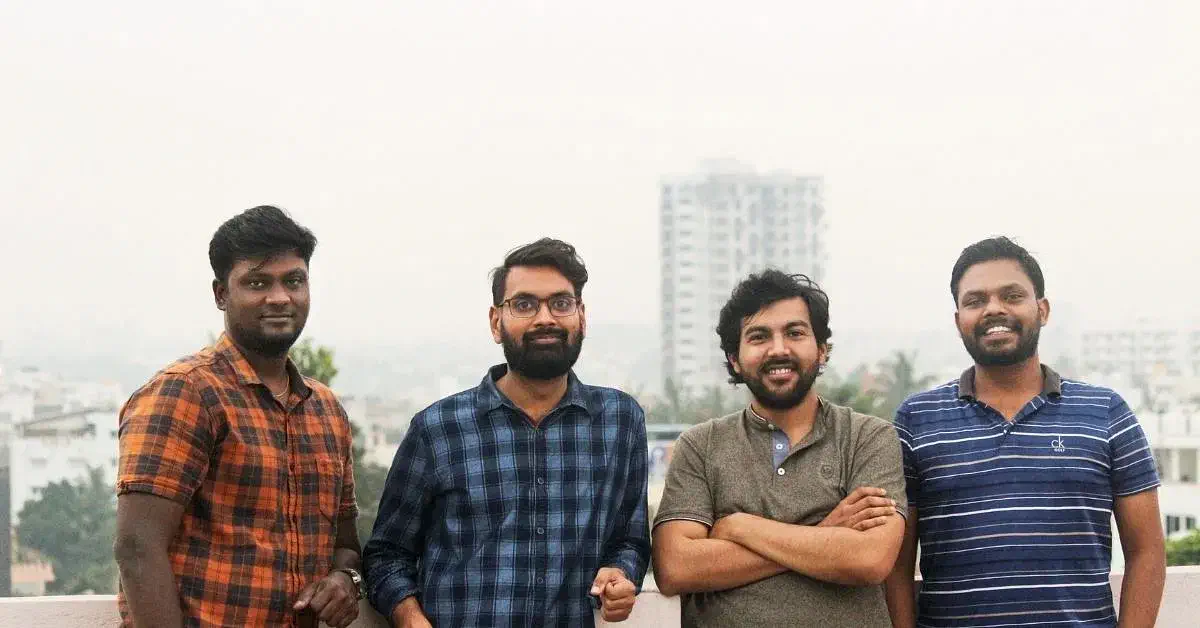
Leave A Comment
Your email address will not be published. Required fields are marked.